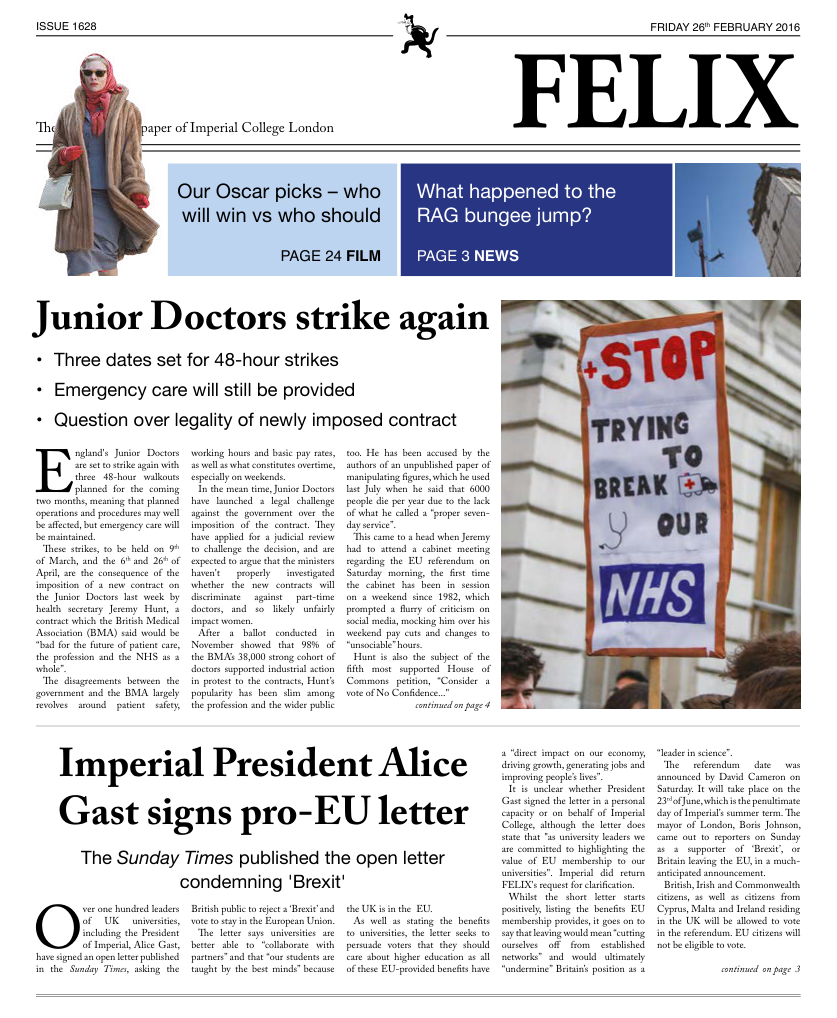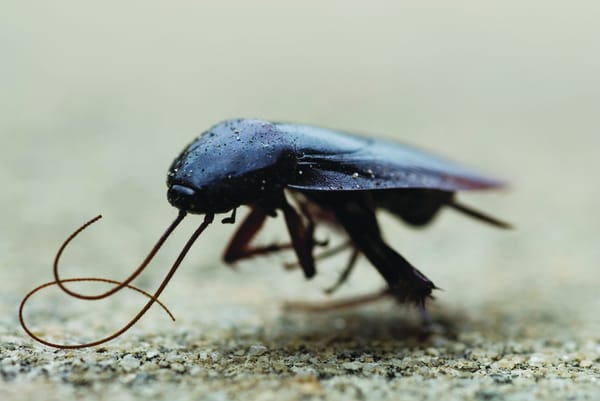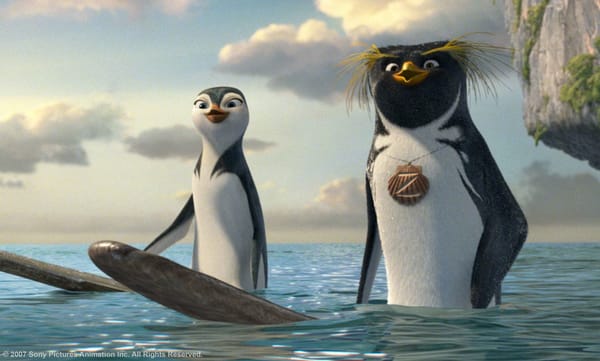Science & the City
Our regular science column

Across the spectrum of living organisms we have species that are adaptable and flexible, known as generalists, and those who occupy unique niches and exploit them maximally, known as specialists. Raccoons are generalists – they’ll eat anything, anytime, anywhere. On the other hand, koala bears are specialists; they can only eat eucalyptus leaves, live in trees, and need warm climates.
This simplified dichotomy is also mirrored in the scientific world. There are highly specialised experts – for instance, those who research things like vascular remodelling in systemic and pulmonary hypertension, and generalists like the field naturalist who integrates knowledge of botany, ecology, engineering, management, chemistry, etc. in systems research.
Recently, with increasing access to higher education and the entrenchment of institutionalised learning, specialised focuses in sciences have become increasingly commonplace. In turn, this has begun to spawn generations of highly specialised scientific experts, who may spend years working on one particular problem or issue. This stands in stark contrast to the idea of the ‘Renaissance Man’, known also as polyhistors or polymaths. This was an ideology touted during the Renaissance and Enlightenment periods – arguably the beginning of modern science – where someone who excelled physically, socially, artistically, and in numerous intellectual fields was revered as the great thinkers and thought to spawn innovative creativity.
This transition from valuing the jack-of-all-trades to the master-of-one marks a distinct cultural shift in science. On the one hand, with increasing numbers of scientists, engineers, and researchers across the board, it seems natural that we would settle into specialised niches; if we are freed up from a more surficial knowledge of many things, we can delve very deeply into a singular problem or topic – which surely is beneficial. However, the crux of that issue comes when it’s time for researchers to resurface from that depth and share those findings in such a way that the knowledge is beneficial for society at large, which is not always common. Another issue is that in losing generalist perspectives, we’re losing cross-disciplinary ideas and holistic ways of thinking that are quite useful in problem-solving and innovation.
So while we’ve dove head first and perhaps unconsciously into specialisation, maybe it’s best for the scientific world to take cues from the natural world and retain a mixed balance of specialists and generalists, so that we can benefit from these two very different, yet equally valuable mindsets and ways of undertaking scientific research.








